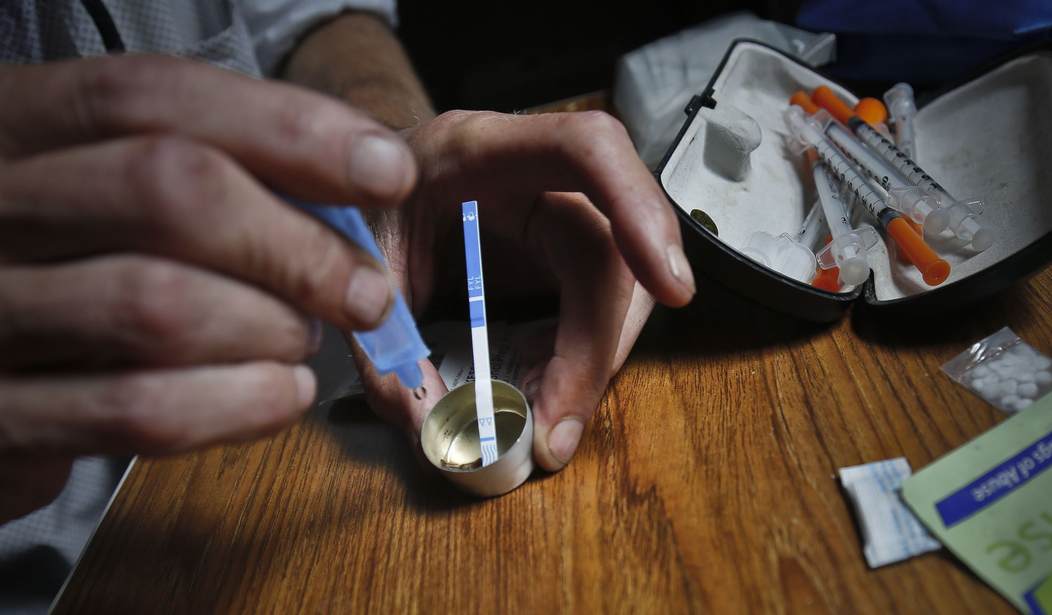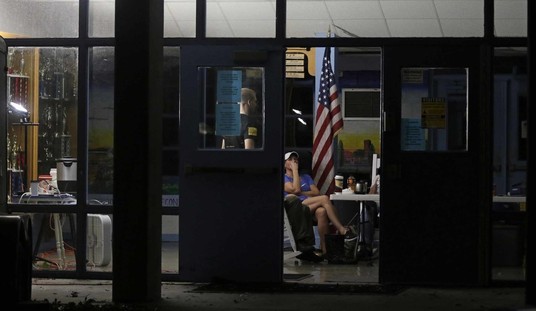The United States is currently fighting one of the worst addiction problems in its history by way of the opioid crisis. While many Americans are aware of its existence, few likely understand the ongoing issues surrounding this large-scale public health emergency and the extent to which it is undermining the foundations of our great country.
The human and financial toll of this crisis is staggering. In 2018 alone over 47,000 people died from opioid-related overdoses. Meanwhile, a recent analysis from the Society of Actuaries found that over a four-year period from 2015 to 2018, the total economic cost of the opioid crisis was $631 billion.
This crisis is also destroying families and stretching social service programs to the brink. During that same four-year period, an additional $39 billion was spent on child and family assistance programs and education programs. Every day children are separated from their drug-addicted parents who can no longer care for them and are entered into the foster care system. Babies are born with opiate dependencies, forcing them to confront the scourge of addiction right from the start of their lives. The financial costs certainly can’t be overlooked but it is these intangible societal costs of the opioid crisis that might be the greatest concern of all.
This is why it is so important policymakers in Washington work to identify and counter the drivers of today’s opioid crisis. Increased public education, updated prescribing protocols, and a series of legislative and regulatory efforts aimed at shutting down bad actors have helped significantly reduce the amount of excess prescription pain medication in the country. As a result, the nature of the crisis has morphed from a prescription problem into a heroin crisis and now a full-blown fentanyl epidemic.
It is not hard to see why overdose deaths have spiked significantly since the widespread adoption of fentanyl. A synthetic opioid 50 to 100 times more potent than heroin, just 2 milligrams – the equivalent of 4 grains of salt – is enough to cause a fatal overdose. Curbing the supply of this drug will be key to kicking our country’s current opioid addiction.
Recommended
The largest suppliers of illicit fentanyl are Chinese laboratories and Mexican drug cartels. The two often work in concert to deliver this deadly drug to our streets.
The majority of fentanyl and its precursors are manufactured in Chinese laboratories and shipped to Mexico. From there, the drug works its way into the drug supply many ways before it is smuggled over the border by the drug cartels.
A common activity is to press fentanyl into counterfeit prescription pills, called “Mexican oxy.” Other times the cartels lace heroin products with the synthetic opioid to provide users with a greater high and to pad their profit margins. And other times the drug is smuggled in its raw form into the United States where it is processed and distributed by affiliate gangs within our borders.
The sheer volume of fentanyl entering the country demonstrates how pressing of an issue this has become. In 2018 alone, almost 1,800 pounds of fentanyl was confiscated at the border, a more than 2500% increase since 2015. That is just what was caught—never mind what made it through.
Fortunately, Congress is considering a number of measures to help curb the supply of this drug. Several versions of a bill called the Fentanyl Sanctions Act are currently under consideration. This legislation would not only direct the president to identify foreign traffickers of opioids on an annual basis, it would also provide law enforcement and sanctions targeteers with a number of precision economic and financial tools to cripple their operations.
To truly end this addiction crisis, we must be sure to also take action to help curb the demand for these drugs as well. As Surgeon General Jerome Adams has pointed out, the country could do well to leverage “the special talents and calling of the faith community” when combatting the opioid crisis. The Department of Health and Human Services has already affirmed that states may use opioid response grant funds to support substance use disorder treatment services by faith-based organizations. Policymakers at the state and local level should take advantage of these special resources and Washington should continue to support these efforts wherever possible.
Ending the opioid crisis once and for all is an all-hands-on-deck endeavor. A collaborative effort from law enforcement, elected officials, and members of civil society will be required to end these senseless overdose deaths and ensure a healthy drug-free America.

























Join the conversation as a VIP Member